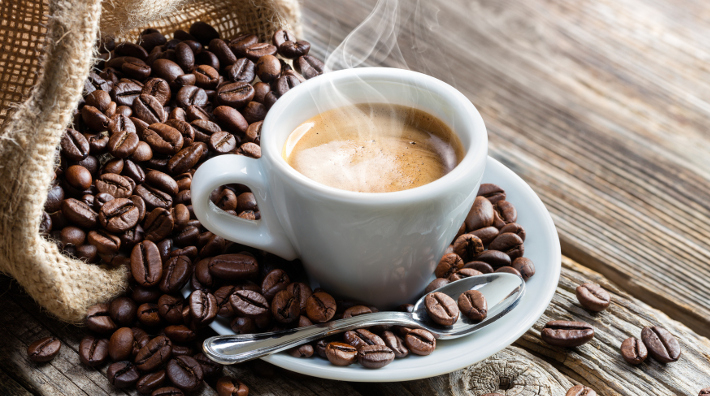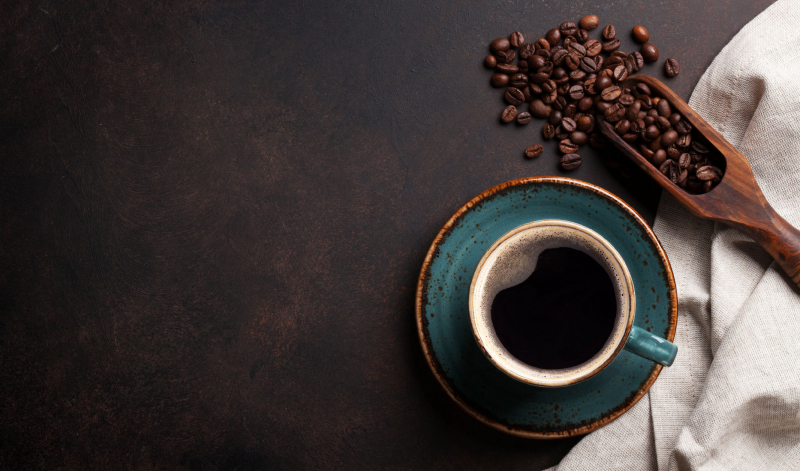Coffee
Coffee may help minimize DOMS when consumed before or after exercise. This is because the caffeine in coffee blocks adenosine receptors. Adenosine is a chemical produced in response to injury, it stimulates your body's pain receptors.
When compared to a placebo, consuming coffee 1 hour before an intense upper-body workout dramatically reduced muscular pain on days 2 and 3 after exercise, according to a 2013 research of 9 males who typically consume low doses of caffeine. In addition, compared to a placebo, caffeine consumption 24 and 48 hours after intensive exercise increased muscular power recovery and decreased DOMS in both men and women, according to a 2019 research. Men, rather than women, experienced greater reductions in DOMS after consuming coffee. Caffeine doses of 2.3–2.7 mg per pound (5–6 mg per kg) have been demonstrated to be effective in reducing DOMS. The caffeine content in an 8-ounce (237-mL) cup of coffee is roughly 95 mg. For a 150-pound (68-kg) person, this corresponds to around 345 mg of caffeine.












